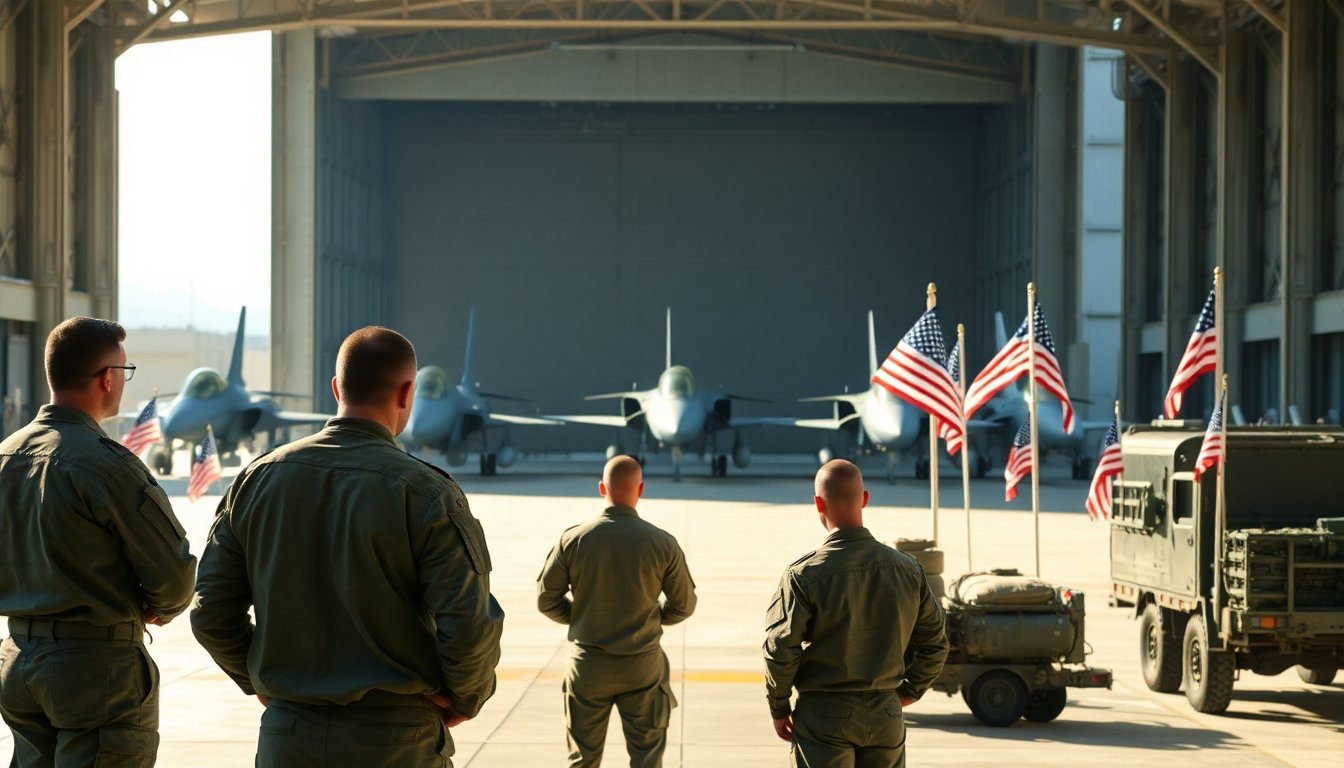Table of Contents
In a surprising turn of events, the Department of War has received an anonymous donation of $130 million aimed at ensuring that U.S. troops receive their due salaries amidst an ongoing government shutdown. This financial gesture comes as service members face delays in their paychecks due to political gridlock in Congress. However, the legal complexities surrounding the allocation of these funds may pose challenges that require congressional action.
Details of the donation and its implications
Pentagon spokesperson Sean Parnell confirmed the acceptance of the generous contribution, stating that it was intended to cover the salaries and benefits of military personnel. “We appreciate this donor’s willingness to assist at a time when Democrats have chosen to withhold pay from our troops,” Parnell noted in a statement. Yet, the path to utilizing this donation effectively is shrouded in uncertainty, as legal frameworks dictate that Congress must approve the appropriation of funds for federal employee salaries.
Legal hurdles for fund allocation
According to Romina Boccia, a budget policy expert at the Cato Institute, private donations can generally only be accepted for specific purposes such as supporting military institutions or aiding service members injured in the line of duty. As such, using the donated funds for troop salaries would likely require a legislative change. “The military can acknowledge this donation, but it does not circumvent the legal necessity for Congress to allocate funds for pay,” Boccia explained.
Furthermore, the only feasible way around this restriction would be for Congress to reclassify troop compensation as mandatory spending, which does not need annual congressional approval. This classification typically applies to programs like Social Security and Medicare, effectively allowing them to function without the same budgetary constraints.
Trump’s response and past actions
President Donald Trump, during a recent announcement, revealed that a “friend” of his had made this substantial donation to support military personnel whose paychecks are currently on hold. He shared that the individual reached out to express a desire to help in light of the ongoing budget standoff. “He said, ‘I want to contribute to cover any shortfall caused by the Democrat shutdown’ because of his commitment to the military and the country,” Trump relayed.
Temporary solutions and possible outcomes
Earlier in October, President Trump had taken steps to ensure that active-duty troops received their salaries by reallocating unused Pentagon funds designated for research and development. However, this measure was seen as a temporary fix, as Republicans warned that the underlying issues of the shutdown still posed ongoing risks to military pay. The administration now faces the task of navigating these legal and political challenges to effectively utilize the recent donation.
As the situation continues to evolve, the White House has directed inquiries regarding the donation to both the Department of War and the Department of the Treasury. However, responses from the Treasury have been slow, leaving many questions regarding the future of these funds unanswered.
In essence, while the donation represents a goodwill gesture aimed at alleviating the financial strain on military personnel during the government shutdown, the complexities of U.S. budgetary law and congressional authority may impede the straightforward distribution of these funds.
The broader implications of shutdowns
This scenario is emblematic of the broader issues inherent in government shutdowns, which often reveal structural weaknesses in the political system. As shutdowns occur, a critical question arises about the reliance of essential services on annual appropriations, which can lead to unnecessary delays and hardships for those affected. The ongoing drama surrounding military pay during shutdowns serves as a stark reminder of the need for reform in how government funding operates.


